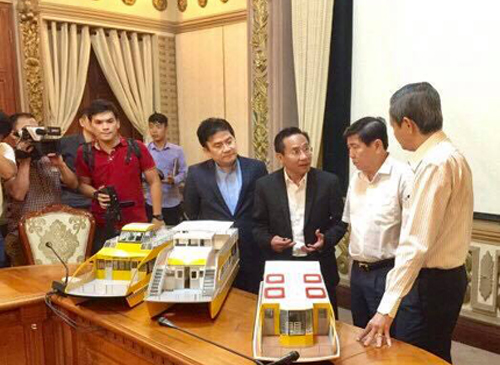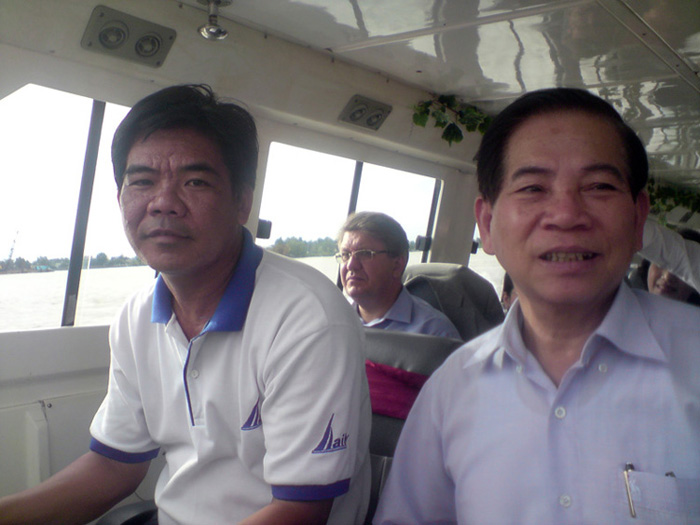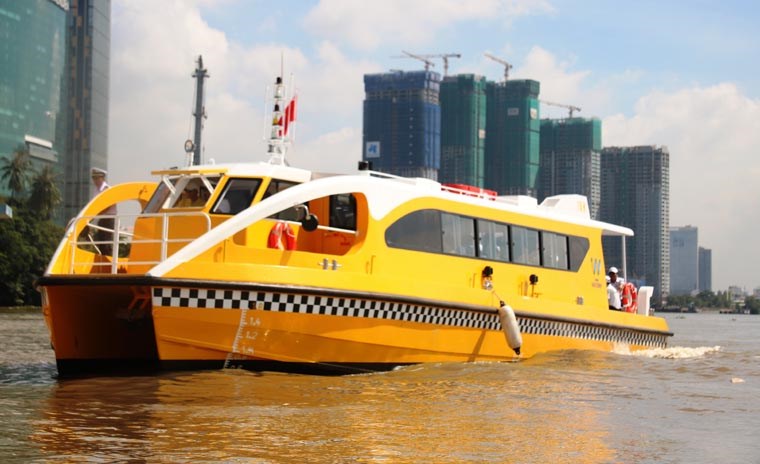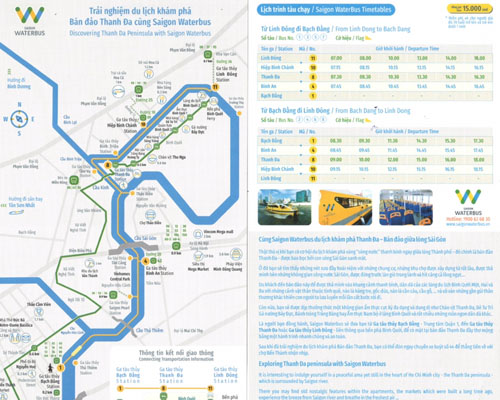DAMAR HARSANTO
THE JAKARTA POST
Ho Chi Minh City, Vietnam | Thu, August 30, 2018 | 11:32 am
-
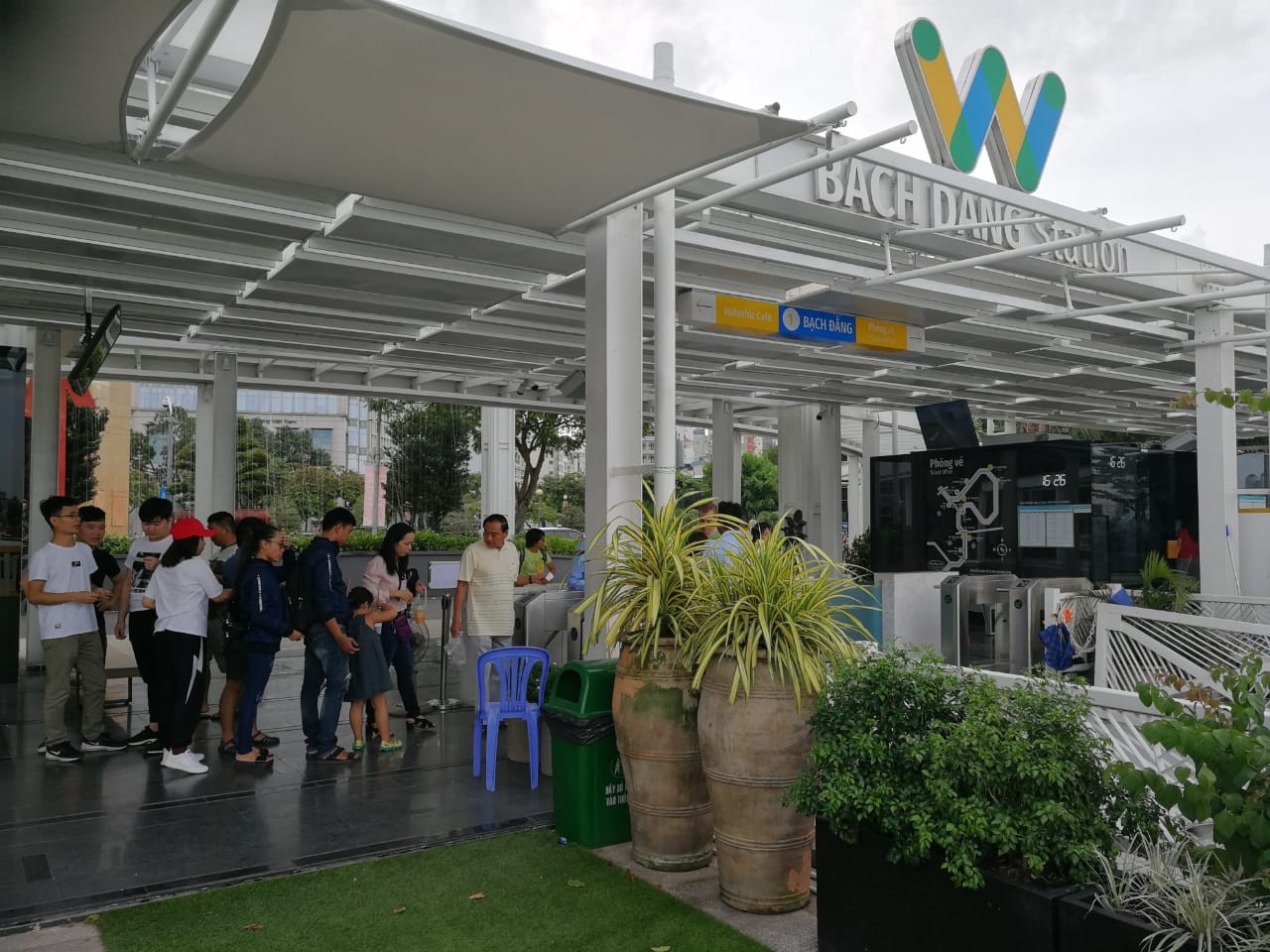 1 OF 14JP/Damar Harsanto
1 OF 14JP/Damar Harsanto
Passengers line up to embark the Saigon water bus at Bach Dang Station in Ho Chi Minh City, Vietnam, on Aug. 25.
-
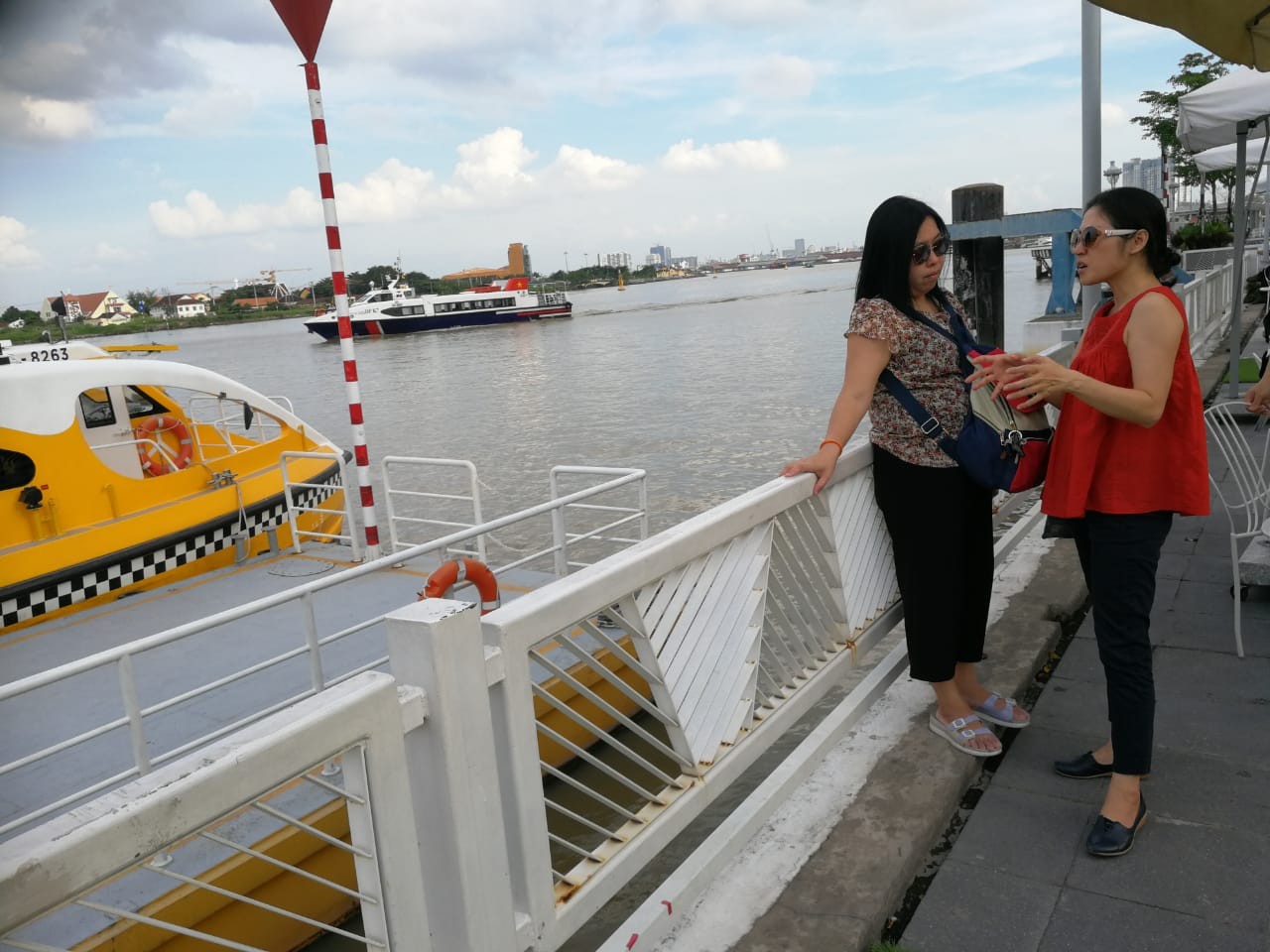 1 OF 14JP /Damar Harsanto
1 OF 14JP /Damar Harsanto
Tourists wait for the departure of the Saigon water bus at Bach Dang Station in Ho Chi Minh City, Vietnam, on Aug. 28.
-
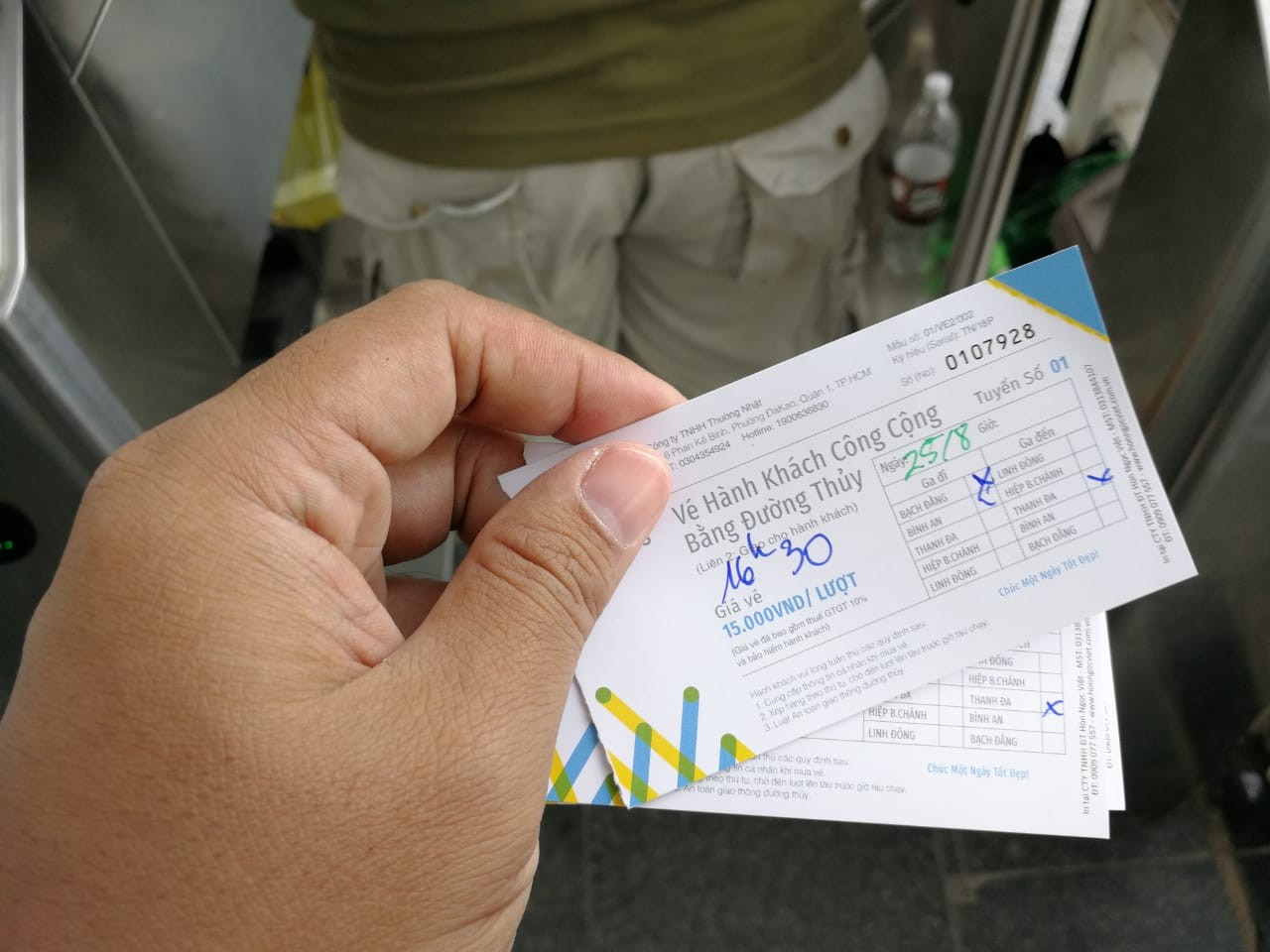 1 OF 14JP/Damar Harsanto
1 OF 14JP/Damar Harsanto
A tourist holds Saigon water bus tickets.
-
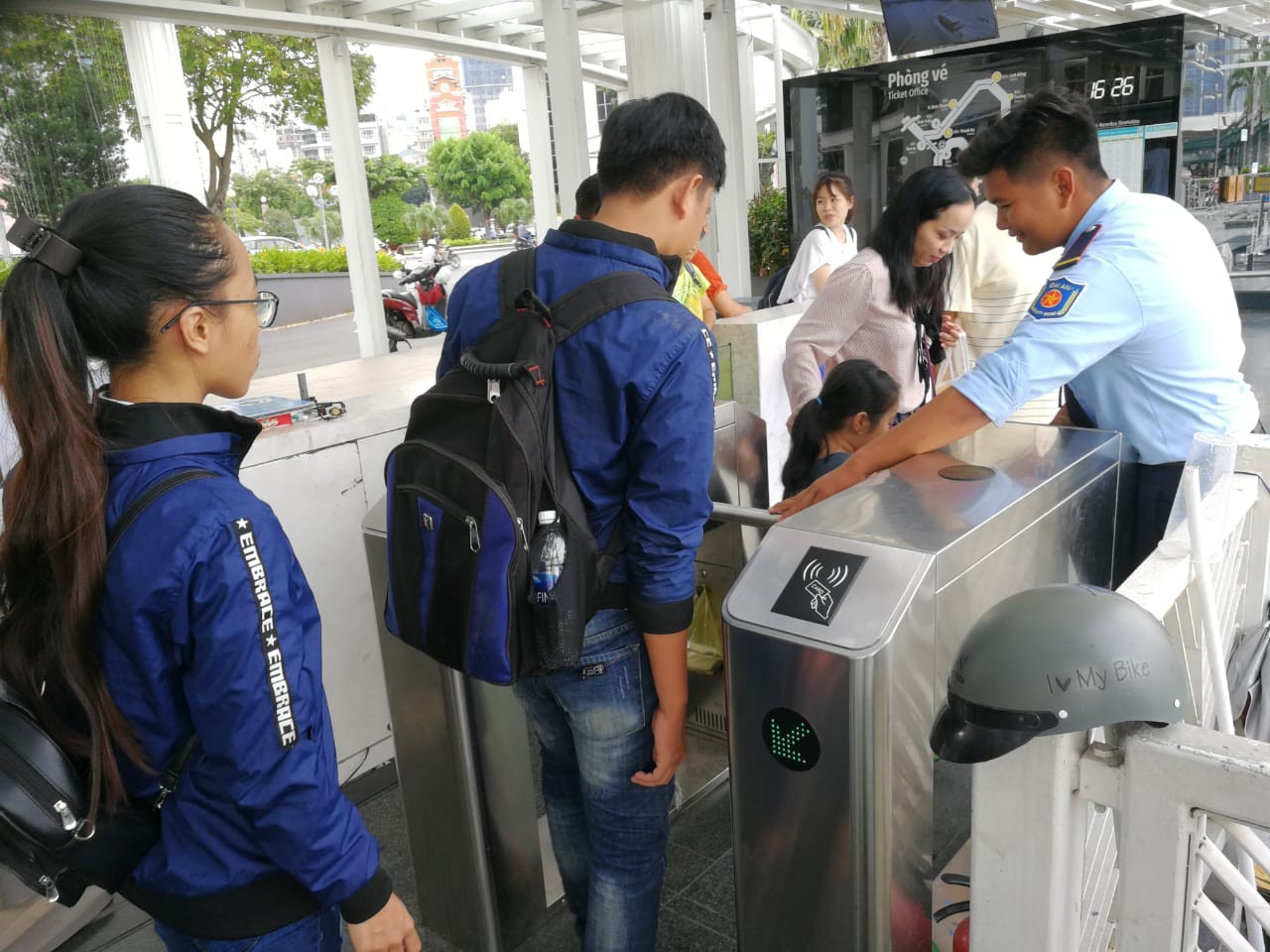 1 OF 14JP/Damar Harsanto
1 OF 14JP/Damar Harsanto
Officer helps would-be passengers pass the gate to enter the Bach Dang Station.
-
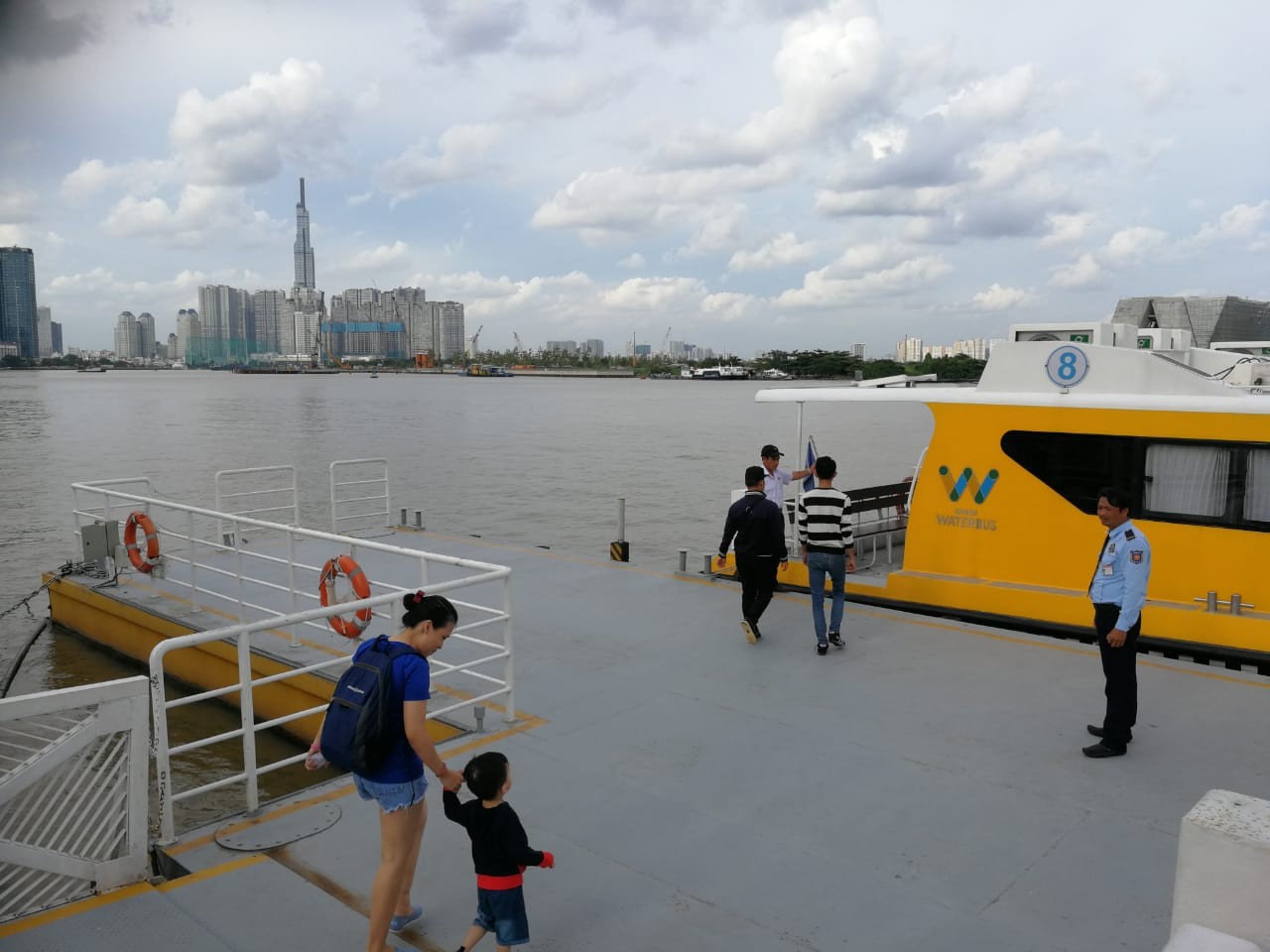 1 OF 14JP/Damar Harsanto
1 OF 14JP/Damar Harsanto
Passengers embark the Saigon water bus at Bach Dang Station.
-
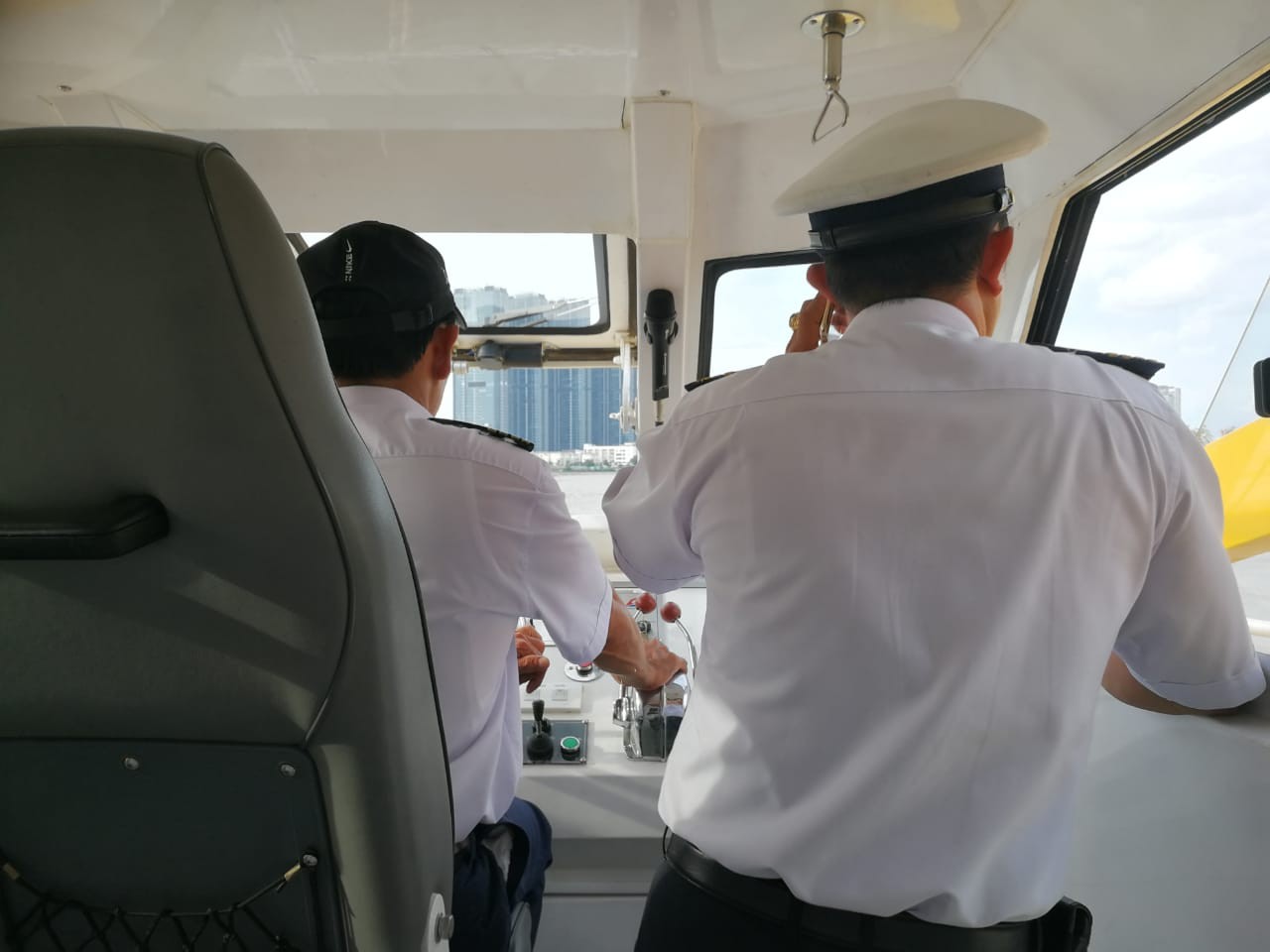 1 OF 14JP/Damar Harsanto
1 OF 14JP/Damar Harsanto
Crew members of the Saigon water bus comandeer the boat.
-
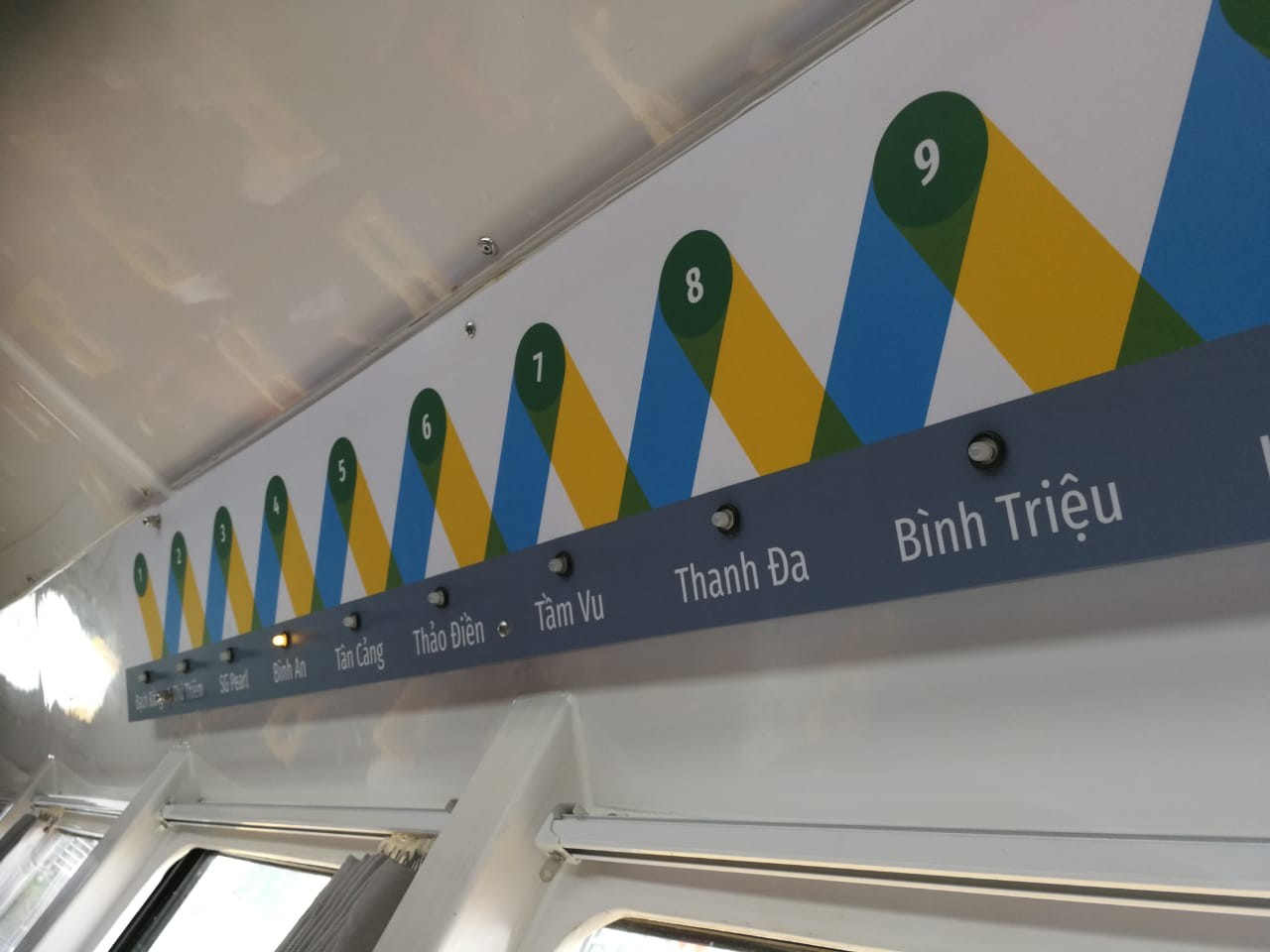 1 OF 14JP/Damar Harsanto
1 OF 14JP/Damar Harsanto
Lights signal that the Saigon water bus has arrived at the station.
-
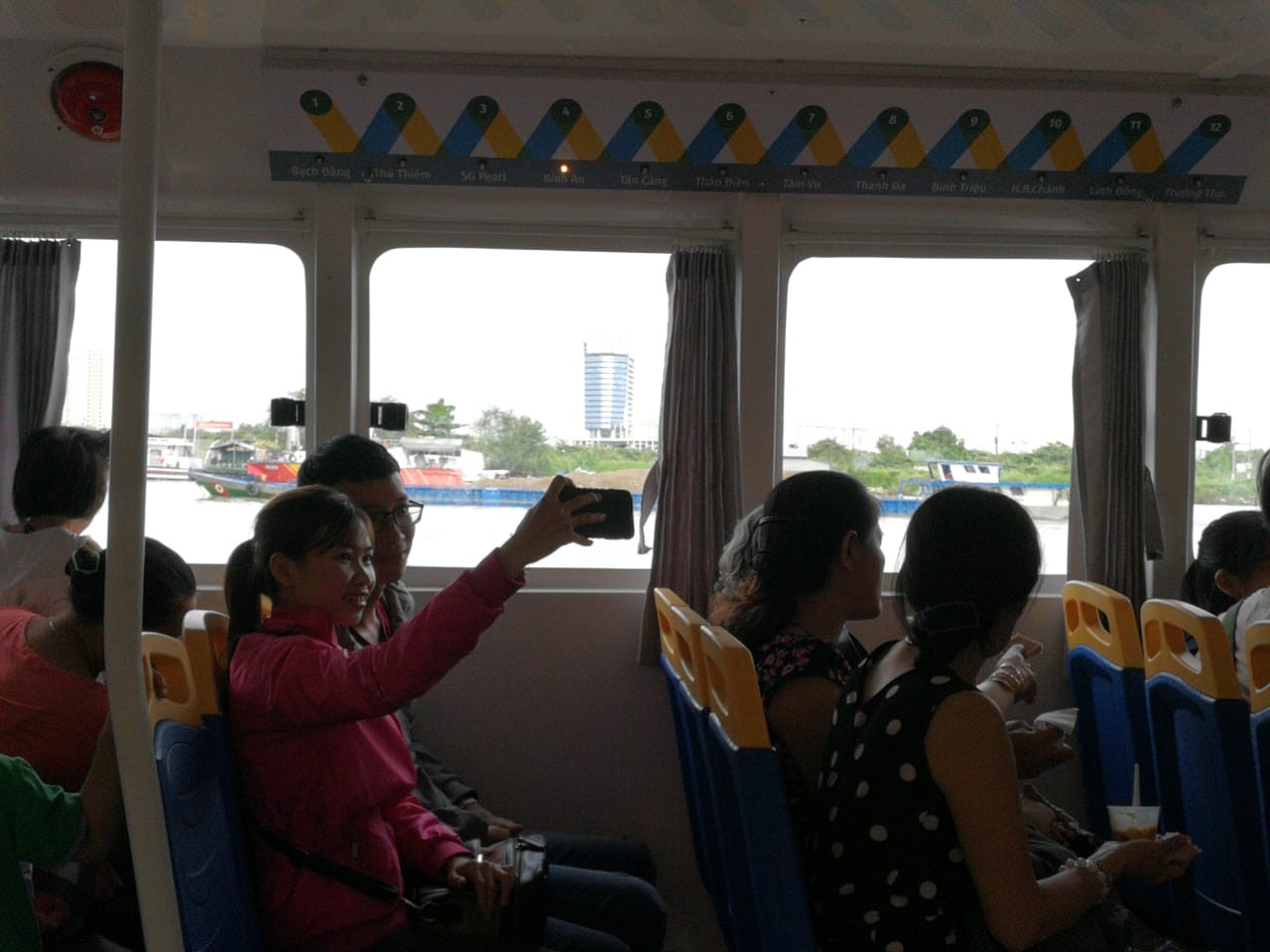 1 OF 14JP/Damar Harsanto
1 OF 14JP/Damar Harsanto
A couple takes a wefie aboard the Saigon water bus.
-
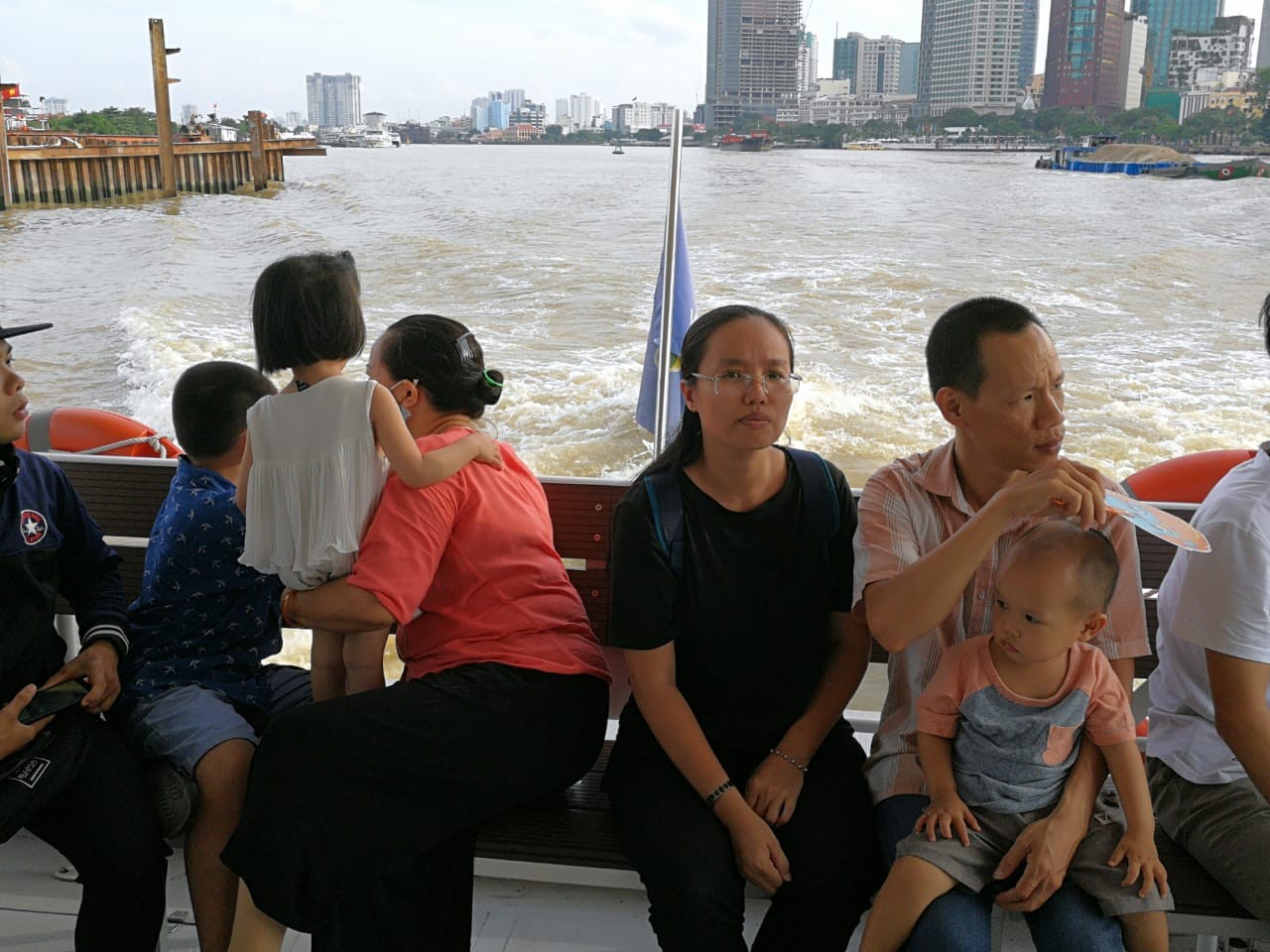 1 OF 14JP/Damar Harsanto
1 OF 14JP/Damar Harsanto
Tourists enjoy scenery from the rear deck of the Saigon water bus.
-
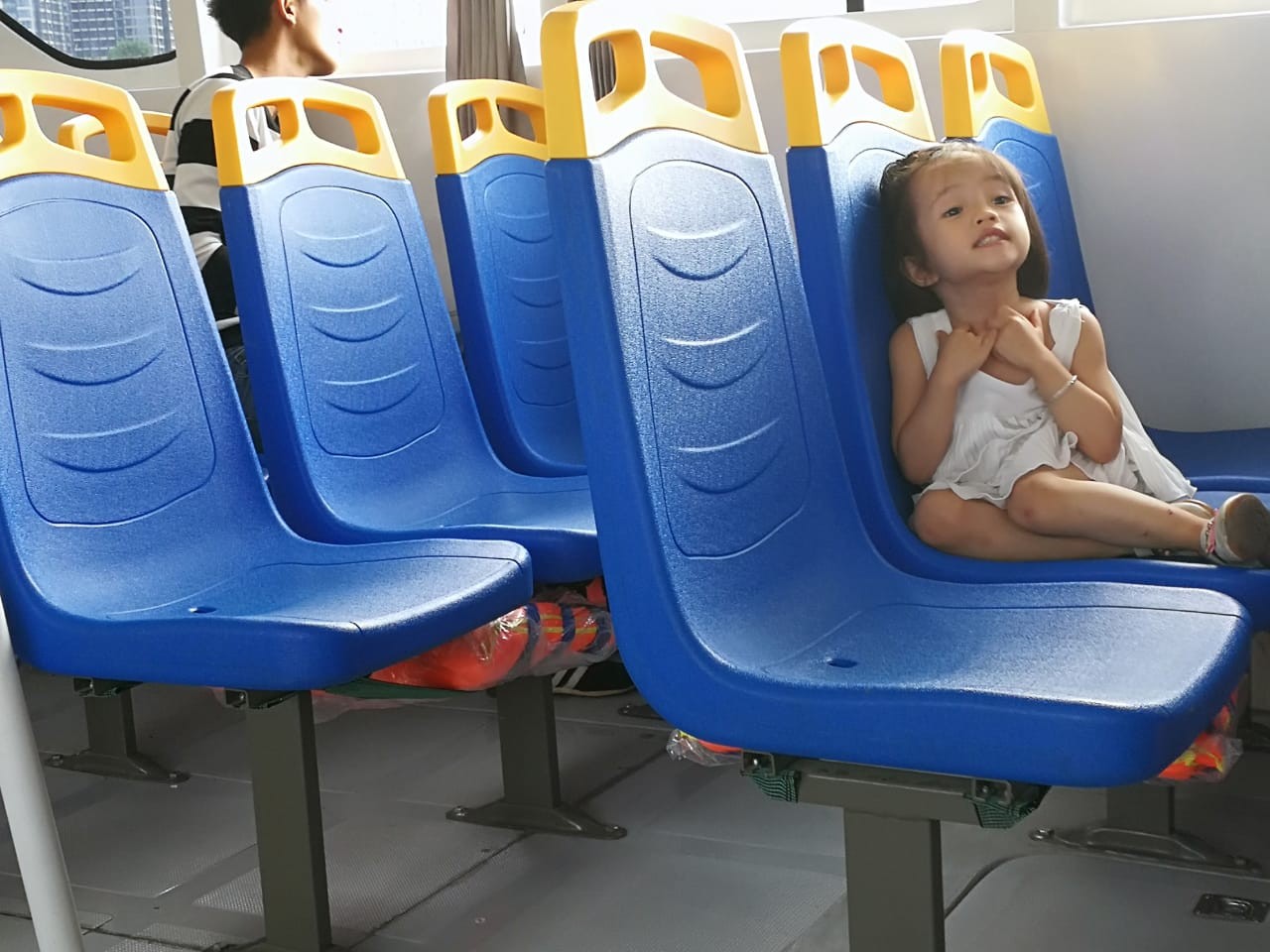 1 OF 14JP/Damar Harsanto
1 OF 14JP/Damar Harsanto
A young tourist enjoys 'me time' aboard the Saigon water bus.
-
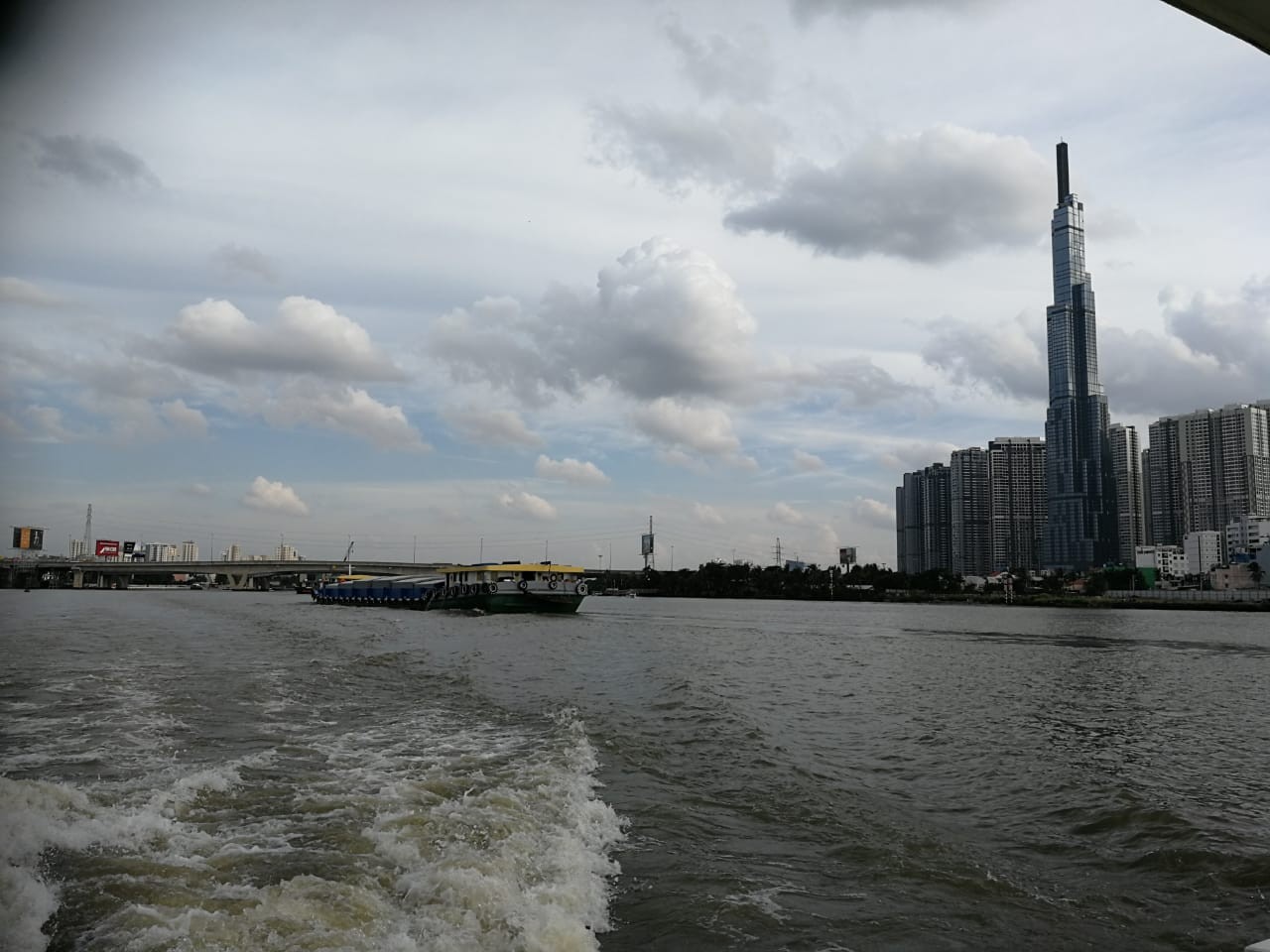 1 OF 14JP/Damar Harsanto
1 OF 14JP/Damar Harsanto
Skyline of Ho Chi Minh City central business district is seen from the moving Saigon water bus.
-
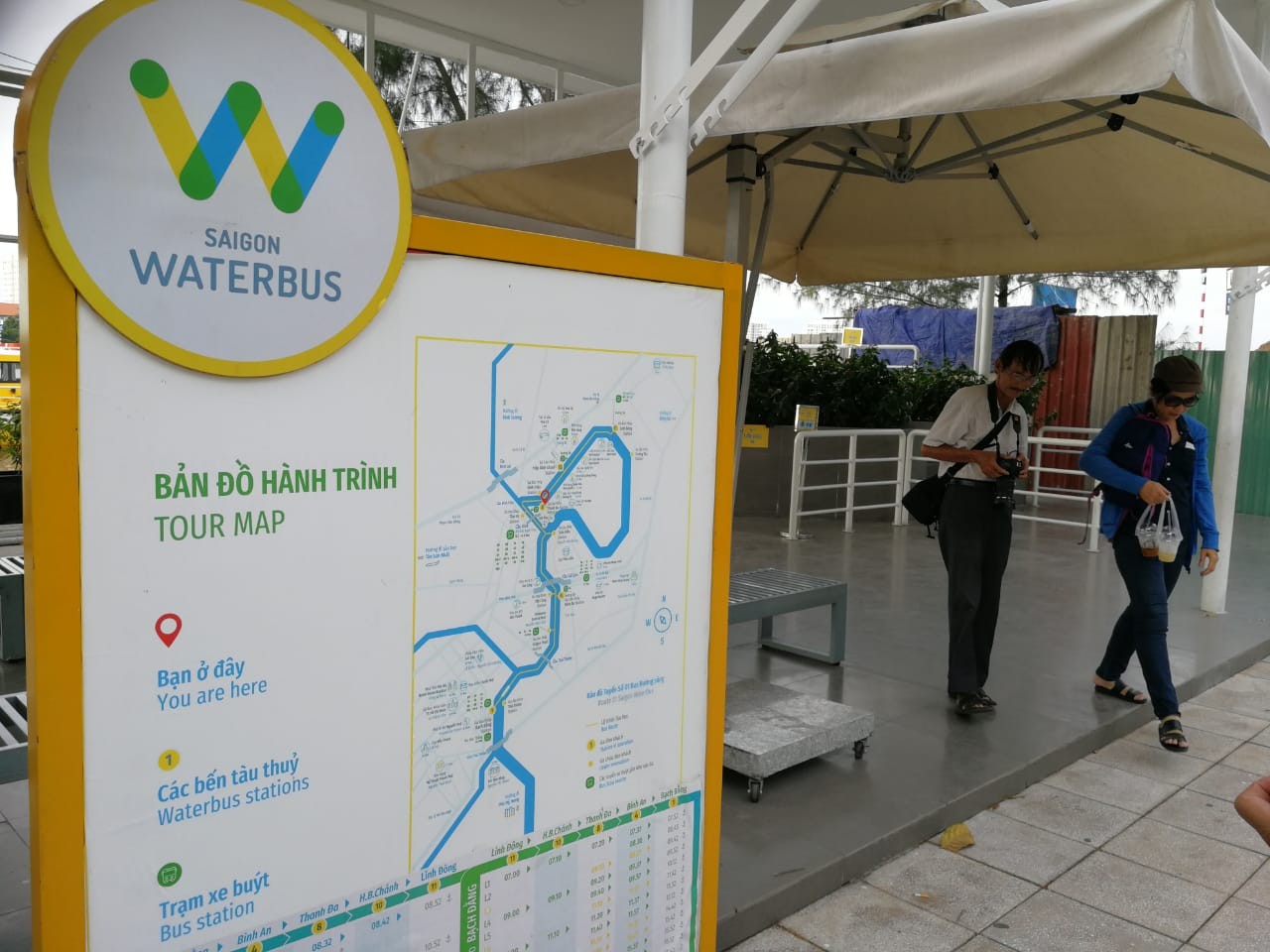 1 OF 14JP/Damar Harsanto
1 OF 14JP/Damar Harsanto
Passengers disembark from the Saigon water bus at Thanh Da Station.
-
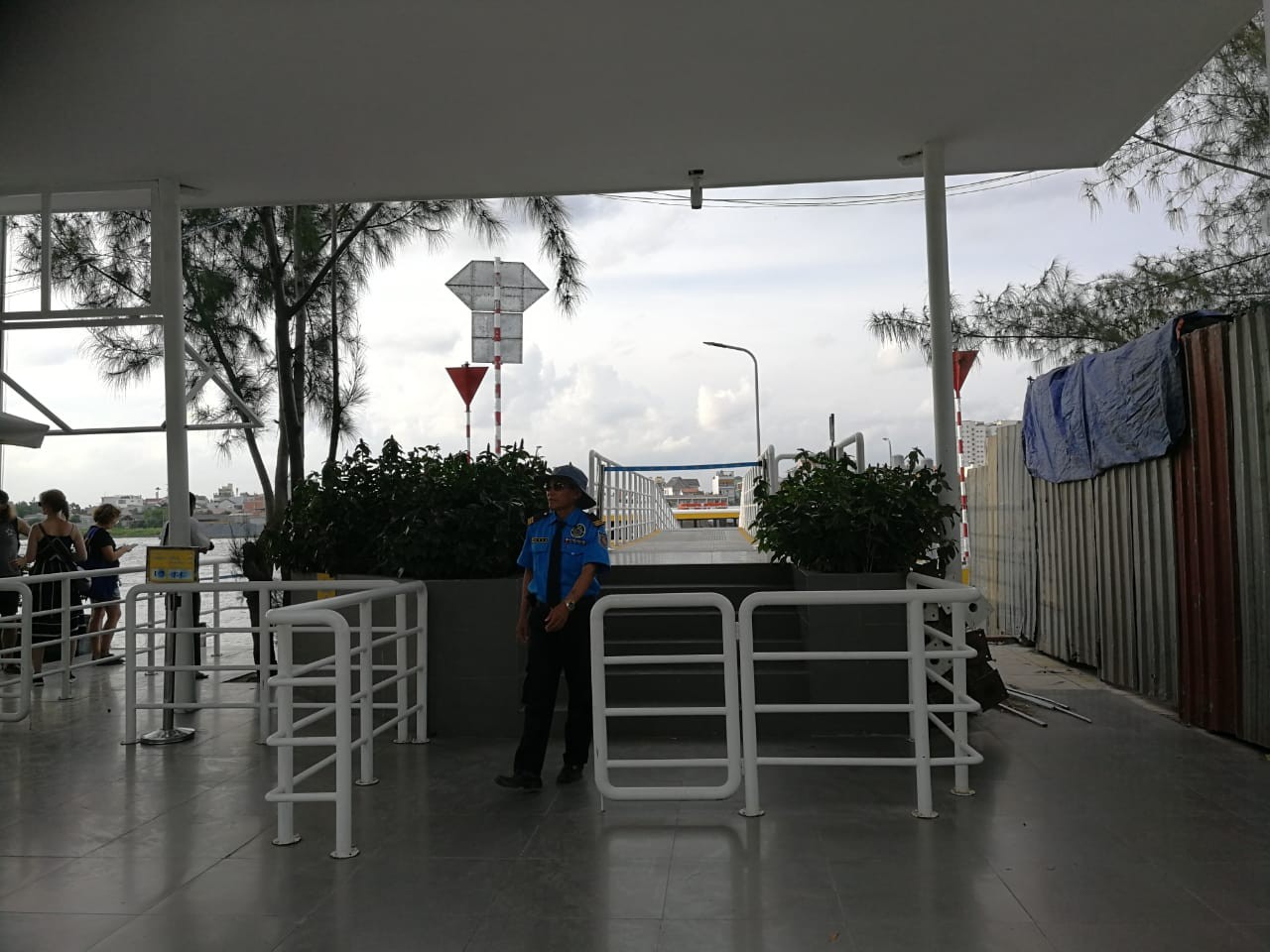 1 OF 14JP/Damar Harsanto
1 OF 14JP/Damar Harsanto
An officer checks disembarking passengers at Thanh Da Station.
-
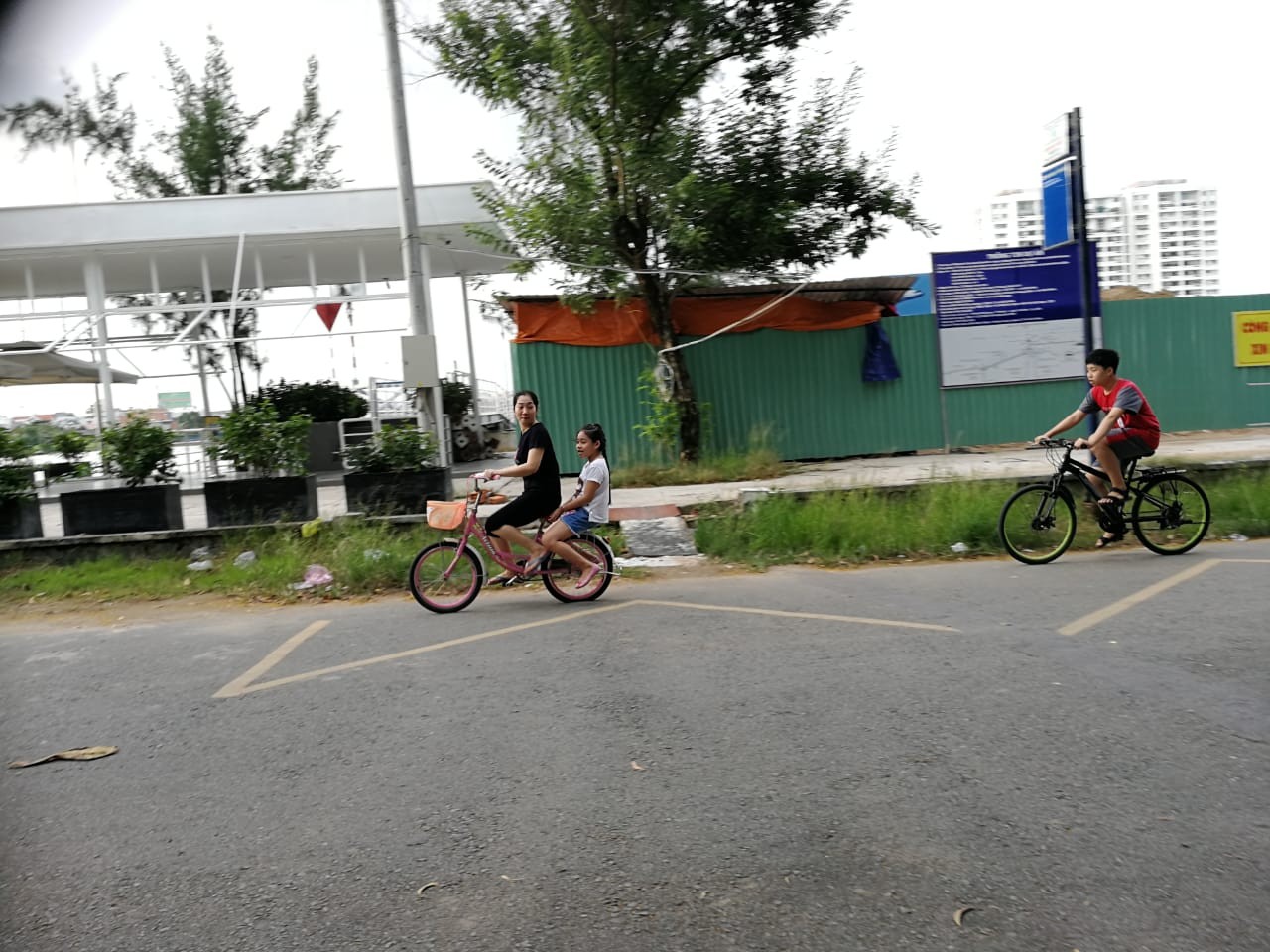 1 OF 14JP/Damar Harsanto
1 OF 14JP/Damar Harsanto
Residents cycle past the Thanh Da water bus station.
Ho Chi Minh City (HCMC) roads are notoriously chaotic, crowded and dangerous.
Over 8 million motorcycles and 500,000 cars clog the city streets everyday, not to mention the common sight of street daredevils who recklessly go against the flow of traffic in the city, in which only 10 percent of the residents rely on public transportation.
Therefore, the best way to enjoy the city is, sometimes, simply by staying away from the roads as much as possible.
Recently, tourists and residents have been provided an alternative mode of transportation with the Saigon water bus. Saigon is the name of the former capital of Vietnam under French colonial rule. The water bus service, which had its maiden cruise on Nov. 25, 2017, is meant to ease traffic jams in the city and spur tourism development on the Saigon River.
The Jakarta Post observed that dozens of local tourists enjoyed their family outing by taking the water bus service. Some preferred to stay on the rear deck instead of the air-conditioned cabin to enjoy the city’s skyline from a distance. Over the past five years, investors and developers have been transforming the skyline of its 24 districts with a rapidly growing number of mixed-use glass-and-steel skyscrapers.
Tourists can start their journey along the 10.8-kilometer water bus route from Bach Dang wharf in District 1 through District 1, 2, and Bin Thanh, before ending at Linh Dong ferry terminal in Thu Duc District.
Passengers only need to pay 15,000 dong (70 US cents) per trip regardless of distance. Three boats are in use capable of accommodating 75 passengers at a time, or 1,000 passengers per day.
Passengers will need between 45 and 50 minutes to traverse 12 stops including three minutes for passengers embarking and disembarking at each stop.
Read also: Five must-visit places in Vietnam
The city has one-third of its architectural heritage sprawling along rivers and canals suitable for tourism development.
The service operator is reportedly working on plans to expand a second water bus line connecting a 10.3 km route from Bach Dang to Lo Gom in District 6.
HCMC has more than 112 rivers and canals making up about 1,000 km of waterways, underlining the importance of developing water transportation.
The city administration has been aiming to raise public transportation usage to 20 percent by 2020. Under a waterway tourism development plan, at least seven tour routes are situated in Saigon, Dong Nai, Nha Be, Soai Rap and Long Tau rivers as well as other internal canals.
Every year, the number of tourists traveling by waterways reaches 450,000.
The HCMC authority has also reportedly been trying to find the money to finance the development of nine metro, monorail and tramway projects in coming years to encourage people to use public transportation and leave their motorcycles and private cars at home.
Vietnam is among the Southeast Asian countries with the lowest public transportation usage.
